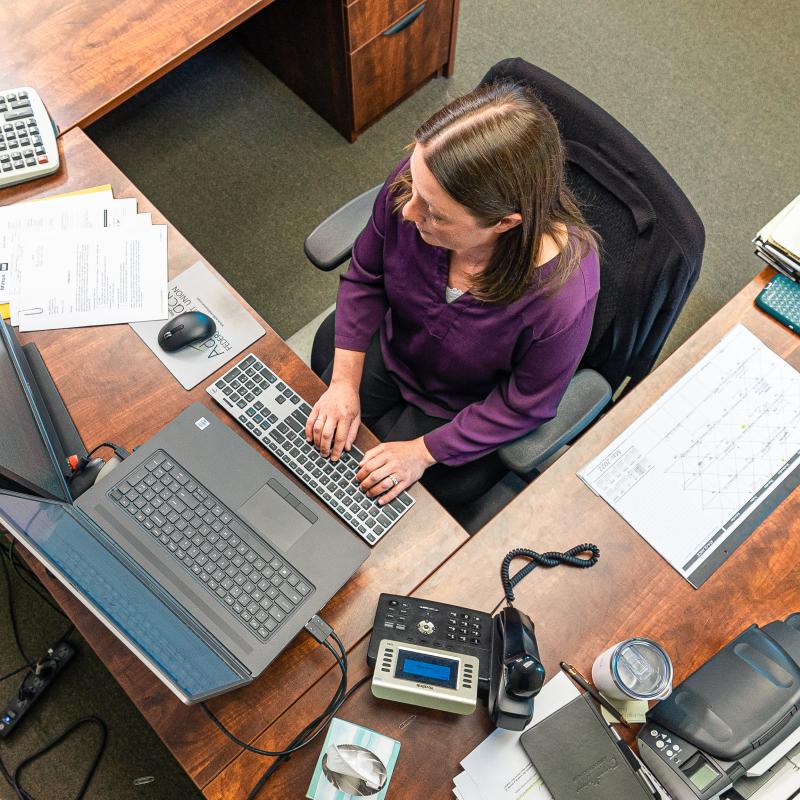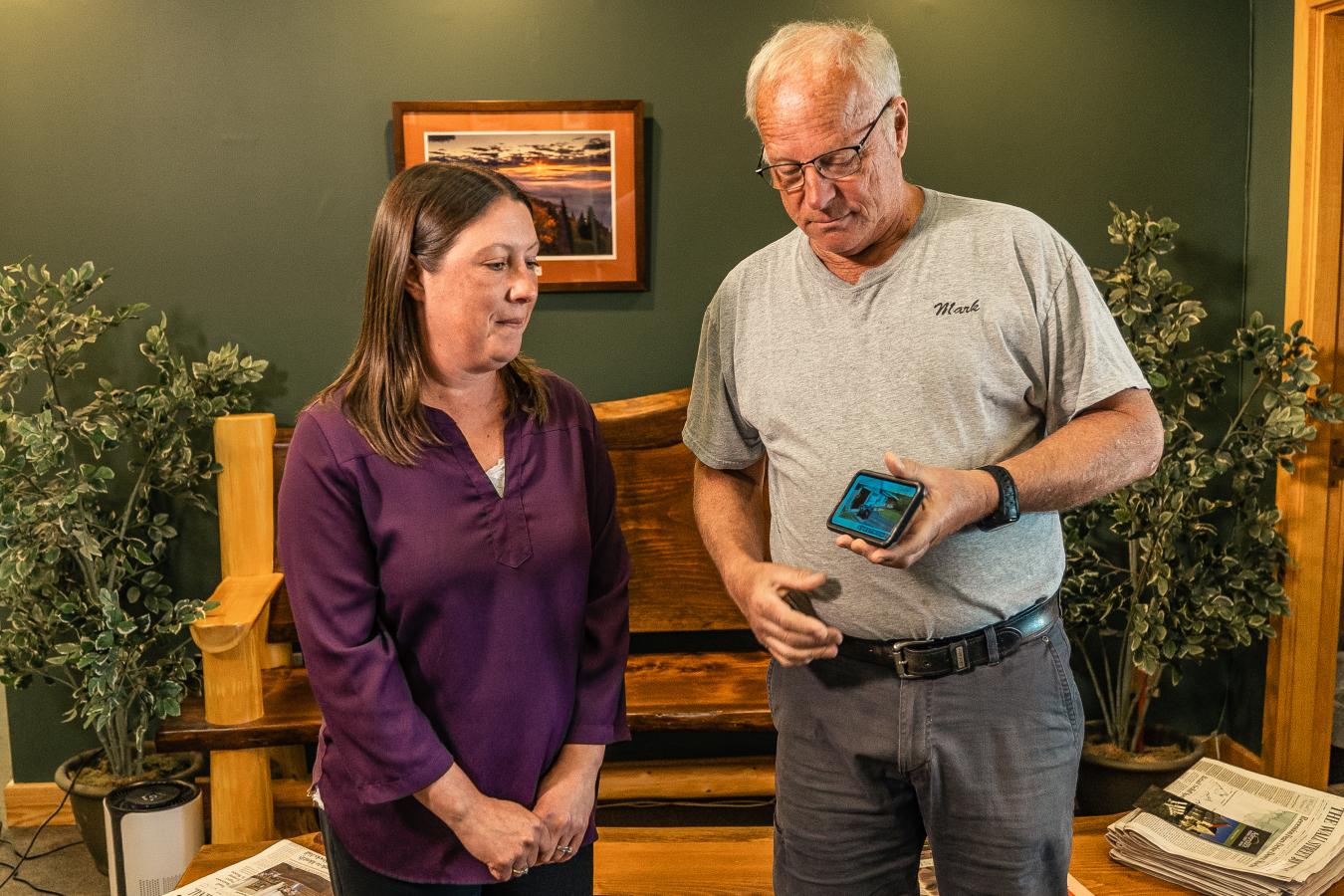For most of us, online shopping has become a way of life. In the United States, 76% of adults shop online, and 41% of Americans shop online at least once a week.
But don’t use your debit card online.
That’s because your debit card is tied to your checking account. And while they’re terrific tools to ensure you don’t spend more than you have available, when you use them online, you run the risk of thieves getting access to your data. And, as a result, your checking account.
The best alternative? Use a credit card instead when you’re cyber-shopping. Federal regulations cap your liability to just $50 if your credit card information is stolen. You could be on the hook for far more if you use a debit card. (If you don’t have a credit card, ask us about our
Adirondack Regional Federal Credit Union Visa Rewards Credit Card
When it comes to your account’s security, we never take a break. We have dedicated staff monitoring it 24/7.
Make sure to add your cell phone number, email, and mailing address to your account profile so we can contact you quickly if necessary.
We Will Contact You About:
- Notifications about any suspicious account information, so you can act quickly.
- Additional security features to help keep your accounts safe such as 2-step verification or transaction alerts.
- Important account updates including system maintenance and/or upcoming outages.

Warding Off Web Threats
Here are some tips for creating strong sign-in credentials:
- Choose a unique username that you don’t use for any other site (and one that can’t be guessed easily).
- Use a combination of letters (both capital and lower case), numbers, and special characters (like “&” or “%”) for your password.
- Never use singular common dictionary words or personally identifiable information like name, birth date, Social Security Number, or email address.

What to Do If You Suspect Identity Theft or Your Bank Account Has Been Compromised
If you believe someone has unauthorized access to your information, or believe you have been targeted by one of the many common bank scams, follow these steps immediately:
- Change your passwords from an uninfected computer.
- Ensure all firewall, anti-virus, and spyware detection software you have installed is current.
- Run a virus scan on your computer and remove any threats that it detected.
- Check your account information frequently and report fraudulent transactions immediately.


